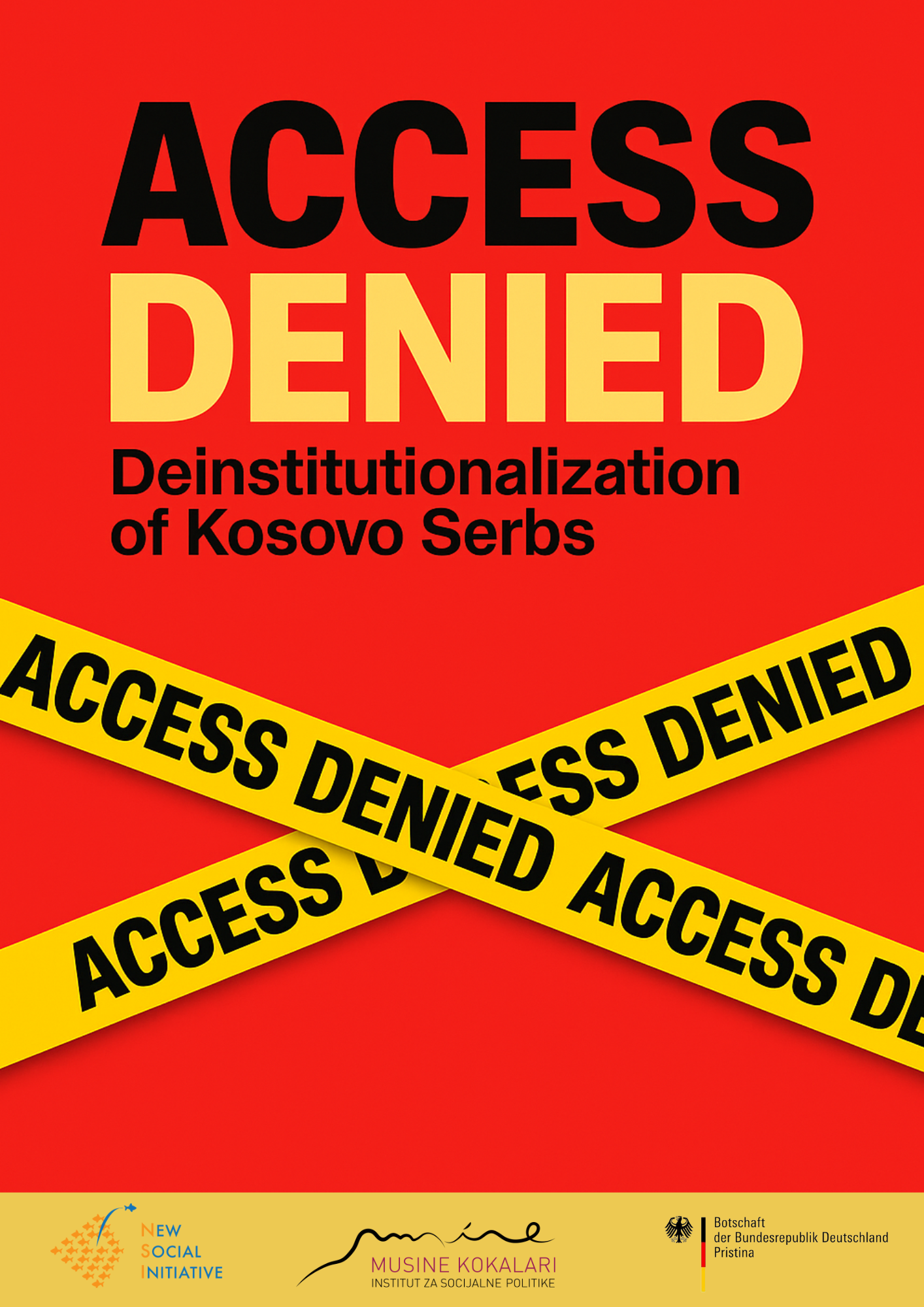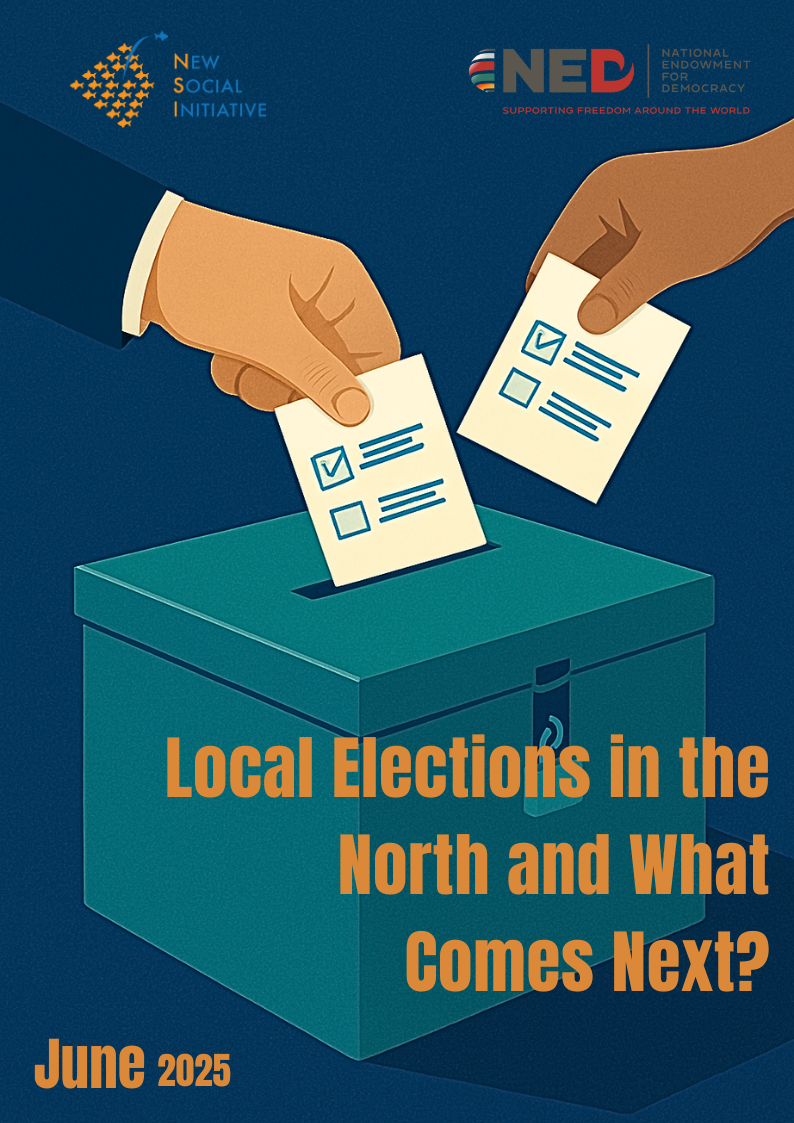More than a decade ago, on March 8, 2011, a historic meeting took place, marking the beginning of a challenging journey towards potential reconciliation and full normalization of relations between the former warring parties, Kosovo and Serbia. The inaugural meeting that initiated the dialogue between Kosovo and Serbia convened with Edita Tahiri representing Kosovo’s delegation, Borko Stefanovic representing Serbia’s delegation, and Robert Cooper from the EU.
This meeting signaled potential commitment to work together to alleviate the burdens of the past and pave the way for a peaceful future with good neighborly relations. The Kosovo-Serbia Dialogue has been facilitated by the European Union (EU) with the aim to address the complex relationship between Kosovo and Serbia – taking place under the premise of eventual EU integration for both countries. While dialogue is broadly acknowledged as the primary process for resolving the Kosovo-Serbia dispute, the process itself has been subject to extensive criticism. These criticisms include concerns over the lack of tangible progress, imbalances in negotiating power, issues related to transparency, recurring impasses, the perceived ineffectiveness of mediation efforts, and the limited participation of grassroots voices. Notably, the absence of an inclusive approach that adequately





